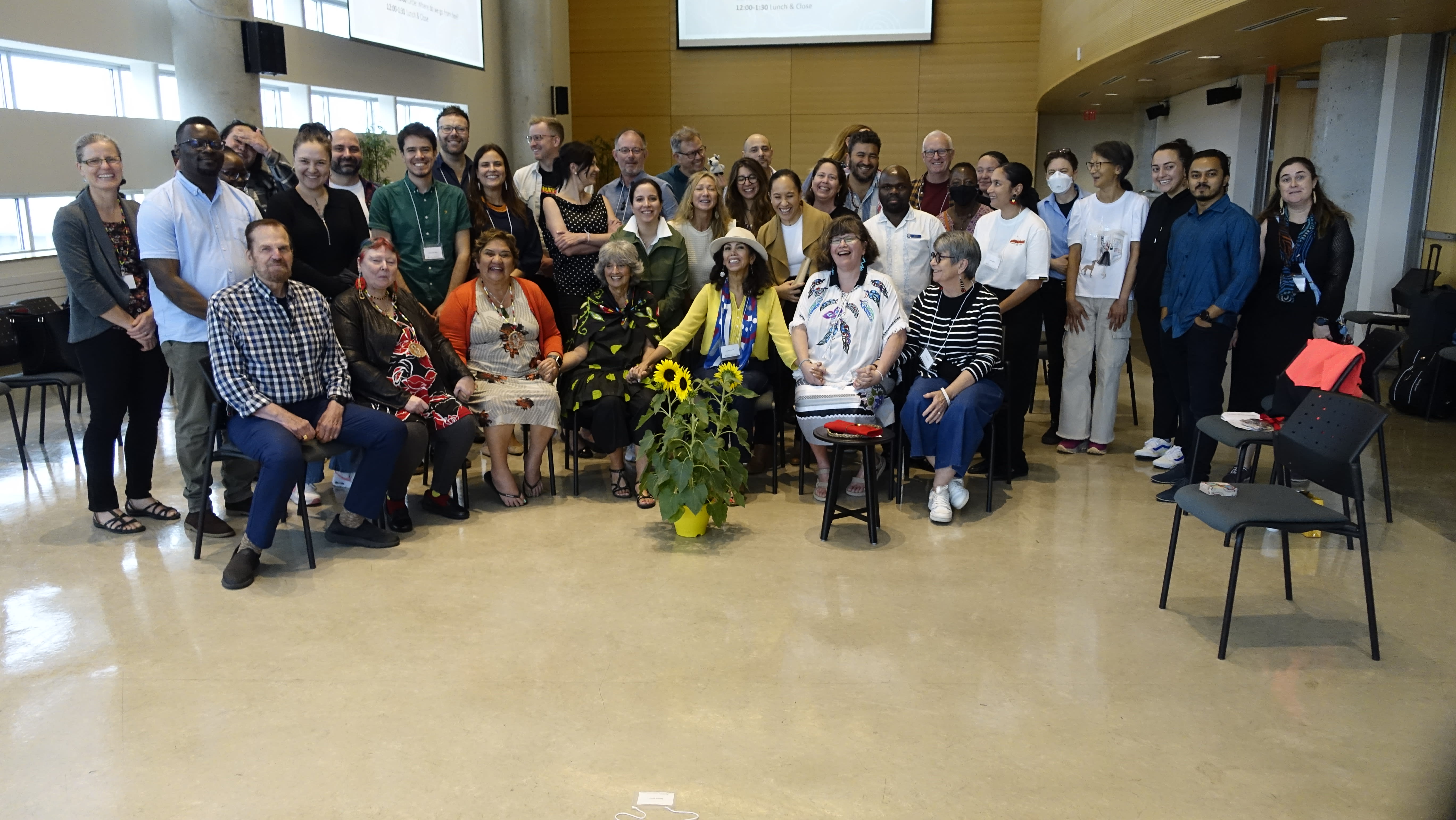Lance Ferris was hired over the summer as a professor in organizational behaviour and human resources (OBHR) at the Telfer School of Management. Prior to joining Telfer, he worked as an associate professor at Eli Broad College of Business at Michigan State University and before that, at the Smeal College of Business at Pennsylvania State University and the Lee Kong Chian School of Business at Singapore Management University. Ferris is currently on the editorial board of the Academy of Management Review and recently finished a term as associate editor of the journal Organizational Behavior and Human Decision Processes. We interviewed him to learn more about his research interests.
Question # 1: Why did you choose to study OBHR? Any personal motivation behind your research interests
Not a fascinating story, I’m afraid. I first heard about OBHR when speaking with an HR representative at a factory job I was working after getting my undergraduate degree in psychology. The HR representative asked if I had ever taken any courses on work psychology (i.e., OBHR) but that was the first I had heard about it. It seemed interesting so I applied to some PhD programs and the rest, as they say, is (now ancient!) history.
Question # 2: How does your PhD training inform your current research program?
One thing my PhD training instilled in me is the value of theories. Whether it’s theories of relativity or theories of motivation, theories help us understand why things happen and how to solve problems. As such, I spent a long time reading about theories and, not coincidentally, my research has gone on to focus mostly on the broad topic of motivation and the many theories associated with it.
Question # 3: Do you have any new research highlights to share? Any interesting publications in the pipeline? New projects that you’re excited about?
My colleagues and I have a study coming out looking at how leisure activities after a bad day at work can help you to feel refreshed and restored. For example, if you’re coming home from work feeling furious, one might assume that a relaxing activity, such as meditation or yoga, would be the best approach to recover from work. But our research discovered that to recover from a bad day at work, a leisure activity that generates positive emotions that match the intensity of the negative emotions you’re trying to recover from is necessary. For example, if you’re angry, a leisure activity that makes you feel calm is not as effective as one that makes you feel pumped, elated or joyful (e.g., recreational league hockey). Feeling calm is more effective if you’re feeling nervous or anxious, however.
Question # 4: How can your research influence business communities in Canada?
Most of my work up to this point in my career has been on motivation — why employees work hard, why employees do nice things (like volunteering to help colleagues) and why employees do bad things (like stealing, acting aggressively, etc.). One thing I’m excited about with joining uOttawa is the move gives me a natural break to stop and think about how my work might better help organizations and society as a whole. I’m particularly interested in working with national organizations and focusing on interventions these organizations can use in their own workplaces.
Register for Lance's New Faculty Seminar!











